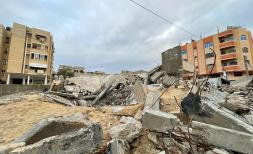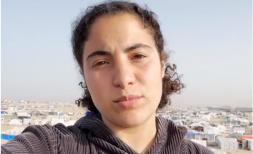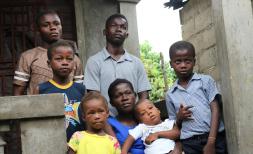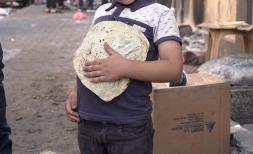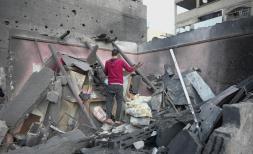Children are speaking up: are we ready to listen?
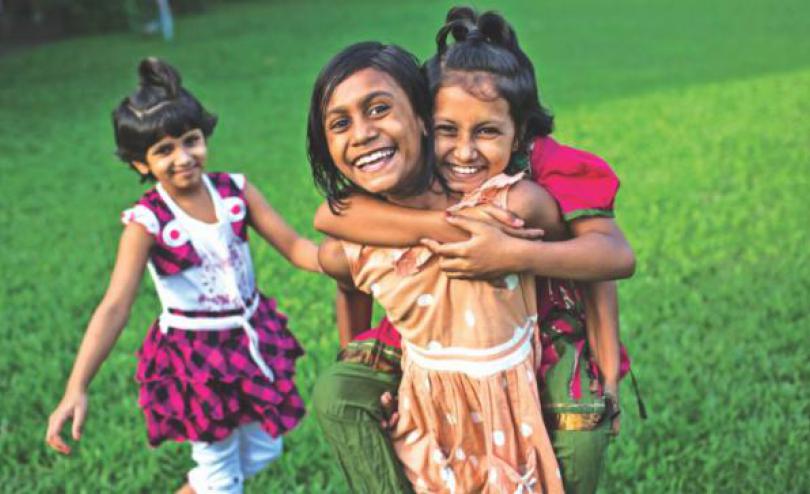
Originally published in The Daily Star.
After working on child rights for the most part of my professional life, I have come to realise that there is a very limited understanding of children's rights in our society. Moreover, there is a lot of misunderstanding also. For example, at the community-level awareness-raising events, parents sometimes ask, “I get quite confused when I hear that children have a right to express their views on issues affecting them. Does it mean that we have to listen to whatever they say?”
According to Article 12 of the United Nations Convention on the Rights of the Child (UNCRC), “States Parties shall assure to the child who is capable of forming his or her own views the right to express those views freely in all matters affecting the child, the views of the child being given due weight in accordance with the age and maturity of the child.”
The opinion of a child should be considered everywhere, including home, school, etc. This is relevant for all children. However, the weight of their opinion depends on their age and evolving capacity. Children's right to participation does not mean that they can do whatever they want to. One of the principles of the UNCRC is the “best interest of the child.” If a child wants to engage in something that will affect him/her in a negative way, then the parents/caregivers have a responsibility to provide the appropriate guidance. The state also has to take measures to listen to children while making public policies and legislation as well as designing programmes for them.
What are the benefits of listening to children? There are many. Participation leads to better protection. If a child, for example, has the confidence to express his/her views freely to parents, he/she will be able to talk about abuse, which is very critical in protecting children. But if the child is afraid of parents and feels intimidated, then there is a risk that he/she will be silent and become more vulnerable to abuse. If initiatives are taken to provide children with information, and we encourage them to express their concerns, and also introduce safe and accessible mechanisms to counter violence and abuse, then positive changes can happen regarding child protection. Child workers who form and join associations may be able to better protect themselves against exploitation and abuse by their employers.
If a process could be facilitated where children's voices are heard, then they could grow as active citizens. I remember a girl whom I met in a remote village. She said, in a determined voice: “As long as I live, I will try to influence my community's opinion about child marriage.” She has been motivated to do that due to her participation in the Child Club, a platform formed and governed by the children themselves. This gives them the opportunity to come together, engage in sports and recreational activities, and also learn about their rights as well as discuss issues concerning them. Representatives of the Child Clubs meet with duty-bearers including government officials to discuss challenges related to security, health, and education, which in many cases leads to action. I am inspired to note that children are raising their voice on violence, quality of education, health services, etc., by coming together.
Since the UNCRC was adopted more than 25 years ago, many initiatives have been taken in different regions of the world to create space for children to begin to influence the laws, policies, services and decisions that affect their lives. This includes, but is not limited to, children's engagement in advocacy, social and economic analysis, campaigning, research, peer education, community development, dialogues with adults, project design, and participation in schools. All these have shown that children have unique perspectives and expertise on analysing the challenges of their lives. At the same time, they are also best placed to propose effective solutions.
Adults usually underestimate children's capacities and are visibly impressed when they see children actively contributing to discussion. I had the opportunity to watch children speak up in front of duty-bearers from the local unions to policymakers at the national level. There are numerous examples worldwide that show that children's participation enhances the quality of legislation, policymaking and service provision relevant to their lives. Moreover, participation improves children's skills, confidence and self-esteem.
However, there is a long way to go before we can establish the right of children to express themselves freely, and to ensure that their views are given due weight in all matters affecting them. A few initiatives can be taken to make this happen. Establishing permanent structures both at national and local levels to consult with children when developing, implementing and monitoring laws, policies and programmes should be prioritised. Producing child-friendly, age-specific materials will support children in the process.
Children's right to participation is still quite limited due to various cultural practices and the attitudes of people who impose their ideas on them and do not value their opinions. Some children face additional challenges. Among them are the younger ones, girls, children with disabilities, working children, children from ethnic and religious minorities, refugee children, etc.
In most countries of the world, including Bangladesh, children are not seen as having the experience, knowledge or understanding to be directly involved in contributing to major decisions affecting them. The reality is totally different. Strengthening the capacity of adults (parents, teachers, service providers, etc.) to involve children meaningfully and ethically should be one of the major components of ensuring children's participation. Children are absolutely capable of expressing their views, verbally and non-verbally (through laughter, cries, body language, etc.). The question is, do we have the willingness and capacity to listen to them? If not, are we committed enough to learn how to do that?
